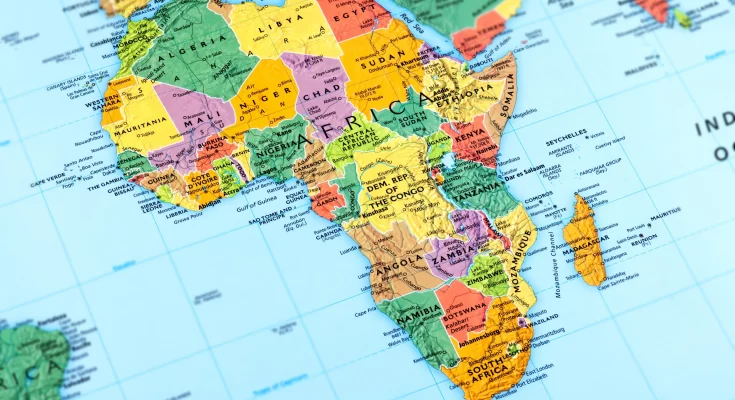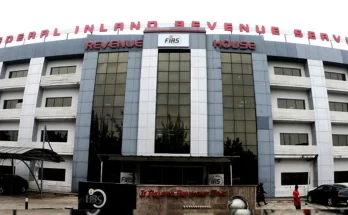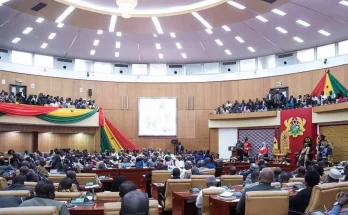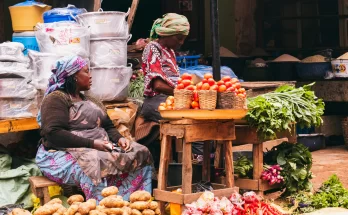Table of Contents
Nigeria has officially gazetted and transmitted its ECOWAS Schedule of Tariff Offers to the African Continental Free Trade Area (AfCFTA) Secretariat.
This move is a significant marker of Nigeria’s commitment to full participation in the continent-wide trade agreement.
The announcement, made ahead of the 16th AfCFTA Council of Ministers meeting in Kinshasa, Democratic Republic of Congo, reflects Nigeria’s preparedness to leverage preferential trade under the AfCFTA regime.
Preferential Tariffs to Unlock New Export Potential
Dr. Jumoke Oduwole, Nigeria’s Minister of Industry, Trade, and Investment, highlighted that this development will enable Nigerian exporters to benefit from reduced or zero-duty access across African markets.
According to a statement issued by the ministry’s Director of Press and Public Relations, Dr. Adebayo Thomas, the gazetting is expected to open up new channels for Nigerian businesses to compete more favorably within the AfCFTA market.
Nigeria Gazettes ECOWAS Tariff Schedule: Anchored in Phased Implementation Strategy
Nigeria’s tariff offers are structured under a phased reduction plan spanning 10 years, beginning in 2021. By 2025, the country is expected to have achieved a 50% reduction in tariffs for trade with least developed African countries.
For trade with more developed African economies, Nigeria has opted for an accelerated approach—implementing a 20% reduction per year for selected goods, with the goal of achieving zero tariffs within a shorter timeframe.
Presidential Backing Reinforces Policy Commitment
President Bola Ahmed Tinubu signed the ECOWAS tariff schedule, reinforcing Nigeria’s political and economic commitment to AfCFTA implementation.
This formal endorsement strengthens Nigeria’s positioning as a key trade hub within West Africa and aligns with decisions taken at the 35th Ordinary Session of the African Union Heads of State and Government in 2022.
Boost for SMEs and Revenue Agencies
Trade experts and tax policy analysts suggest that this milestone could boost small and medium-sized enterprises (SMEs) by lowering operational costs and enabling market expansion.
At the same time, tax authorities are being called upon to adjust customs and excise frameworks to ensure revenue integrity amid declining tariffs. This includes enhanced monitoring of compliance, evaluation of exemptions, and digitization of border tax processes.
Africa Tax Review: Key Developments in Week 8 of 2025
Digital Trade and Cross-Border Taxation Take Center Stage
Nigeria’s leadership on digital trade was also recognized during the February 2024 African Union Summit in Addis Ababa, where President Tinubu received commendation for co-championing AfCFTA’s digital trade agenda.
This aligns with ongoing efforts to streamline cross-border commerce and make AfCFTA frameworks more accessible to digitally-driven businesses.
Challenges Remain: Addressing Non-Tariff Barriers and Infrastructure Gaps
Despite the positive outlook, stakeholders caution that non-tariff barriers such as port inefficiencies, regulatory discrepancies, and inadequate logistics infrastructure must be tackled to fully unlock the benefits of AfCFTA.
Experts also stress the need for capacity building among tax administrators and exporters to ensure compliance with rules of origin and other regulatory requirements under the agreement.
Conclusion: Nigeria’s Move Sets the Tone for Deeper Regional Trade Reform
With the gazetting of its tariff offers now complete, Nigeria has firmly positioned itself as a proactive participant in Africa’s economic transformation.
The move not only opens the door for greater export-driven growth but also signals to the rest of the continent that implementation is the next frontier in making AfCFTA a reality.
AfCTA Congratulates Nigeria
Congratulations to the Federal Republic of Nigeria on Gazetting Its AfCFTA Provisional Schedule of Tariff Concessions (PSTCs)!
Nigeria becomes the 23rd AfCFTA State Party to Gazette its PSTCs.
What does it mean to gazette or domesticate a trade commitment? It is an official… pic.twitter.com/2w4J17eWlQ— AfCFTA Secretariat Official (@AfCFTA) April 14, 2025
Other Reactions Online
This is a critical step toward operationalizing the AfCFTA and enhancing intra-African trade. TSC, we welcome this progress and look forward to deeper regional integration that boosts trade efficiency and benefits businesses across the continent.#AfCFTA #OneAfricanMarket #TSC
— Josephine Edington (@Josfnedington) April 14, 2025
Thumbs up to Nigeria
— Oluwabori Babatunde (@boribabatunde) April 14, 2025
Congratulations on this fast tracking AfCFTA implementation strategy.
— Aliyu N. Othman (@oanasir) April 14, 2025
I hope the exporters and Agricbusinesses will cash on the protocol demands and adhere to the agreement enabling laws.
That's fantastic news! Congratulations to Nigeria on this achievement! It's great to see more countries moving forward with their trade commitments. Keep up the great work!
— Nubia Ramos (@RfNubia) April 14, 2025




